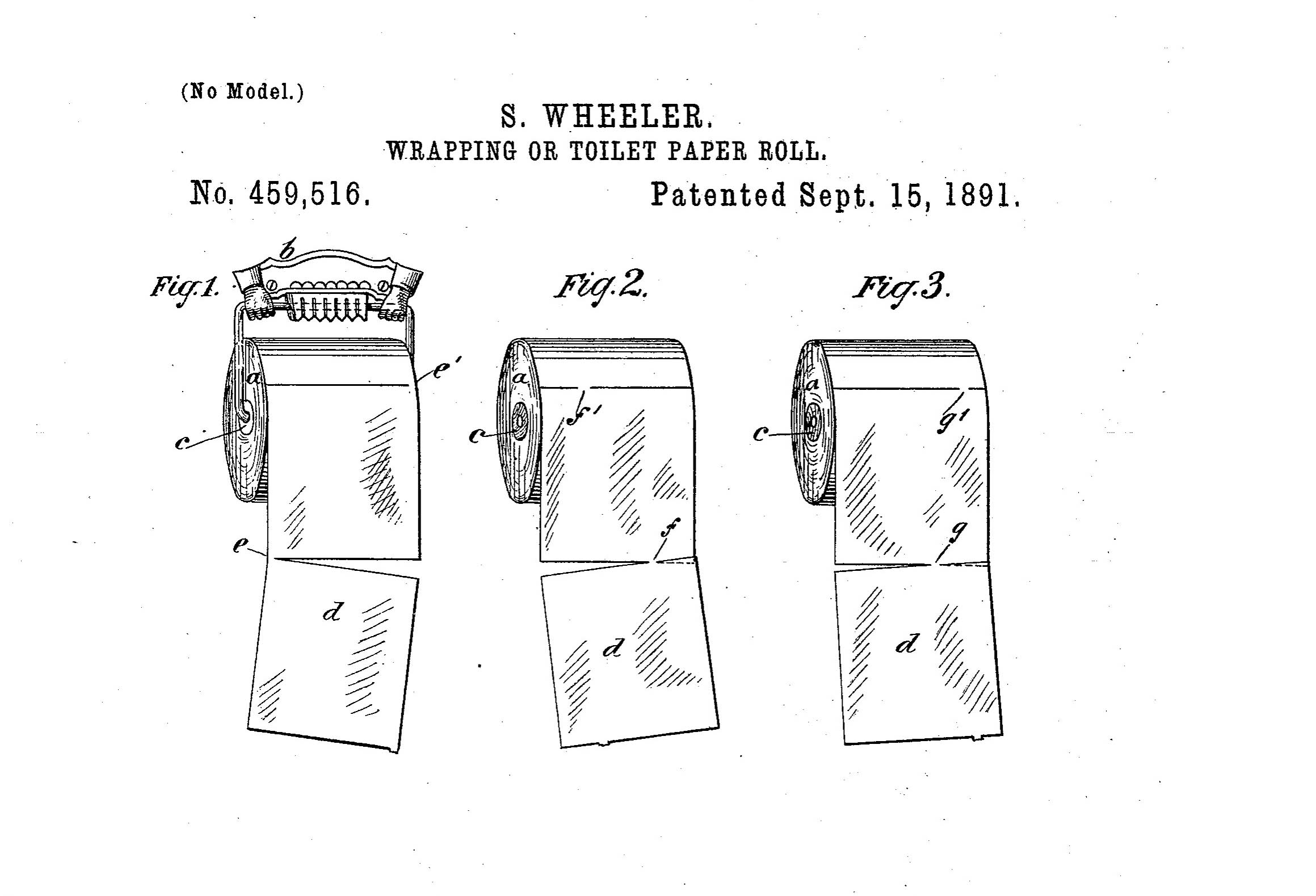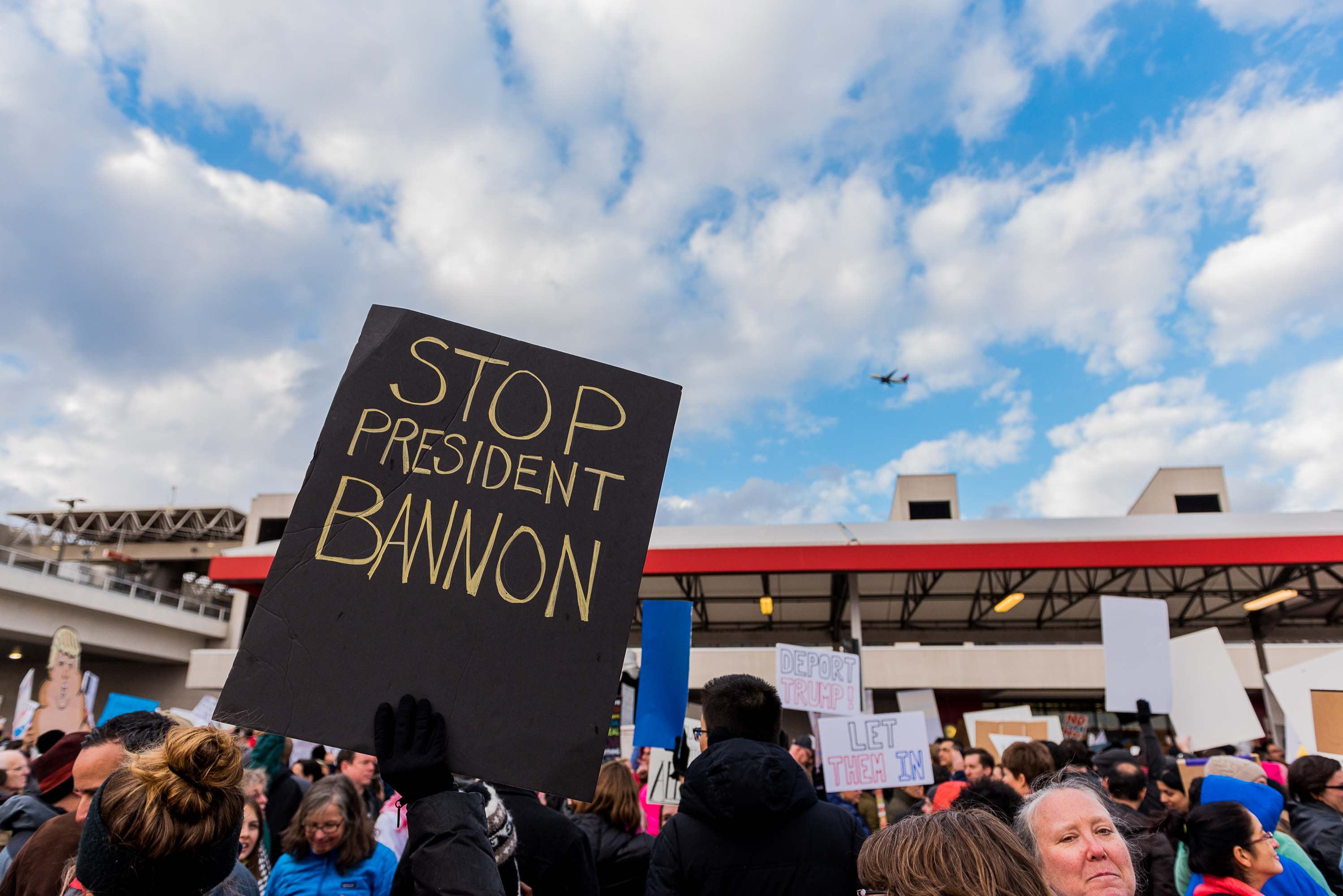“I’m not voting for a third-party candidate. They have no chance of winning.”
I’ve heard this way too often, especially during the 2016 presidential election. Third parties, such as the Libertarian or Green parties, are seen as fringe movements that will never amount to any political success. But why is this? Why is America dominated by only two parties? After all, there is nothing in the Constitution that discusses political parties.
The answer is hidden in each state’s ballot access laws.
These laws determine the process of how candidates get their name on the ballot, which is the most crucial aspect of running for office. While they vary from state to state, the vast majority make it extremely difficult for third-party candidates to get on the ballot.
According to Georgia code, an Independent or third-party candidate must petition at least 5 percent of the total number of registered voters from the previous election. The 11th Congressional District, in which Kennesaw State University resides, contained at least 323,318 registered voters in the 2016 general election.
In the 2018 election against Congressman Barry Loudermilk, the U.S. House Representative for the KSU area, an independent or third-party candidate would need at least 16,165 signatures. These signatures must be manually written, which makes it even more difficult to get on the ballot.
Georgia has a long history of restrictive ballot access laws. The duopoly held by Republicans and Democrats is a perpetuating cycle with voters, and the past presidential election is a great example.
- First, voters refuse to vote for third-party candidates because they have no chance of winning.
- This leads to voting for Democrats and Republicans, who then continue to write strict ballot access laws that make it difficult for third-party candidates to get on the ballot.
- Because of the difficulties, most states end up with no third-party candidates on the ballot, reducing their chances of winning to zero.
- The Democrats and Republicans win, and the cycle continues.
How does one expect a third-party candidate to have a decent shot at winning if they are legally barred from getting on the ballot in all 50 states? Would Donald Trump have won if he was on the ballot in only 30 states?
Regardless of political views, American democracy should not be restricted to merely two parties. Ballot access laws are the death of any thought outside the Republican and Democrat parties and need to be addressed.



